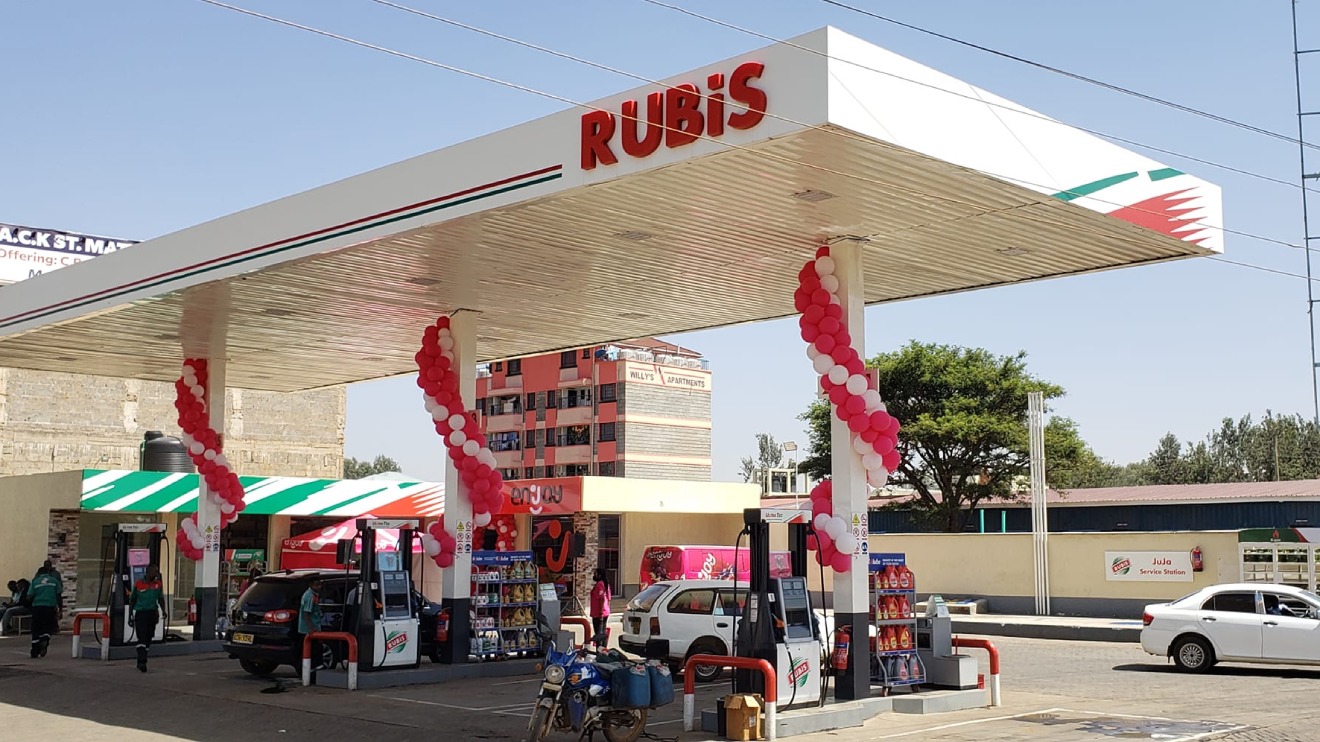In a major blow to its competitor, Dalbit Petroleum, Rubis Energy has secured a coveted Sh7.7 billion contract to fuel Kenya Power's 30 off-grid stations for the next two years.
This decisive victory comes after the Public Procurement and Administrative Review Board (PPARB) dismissed Dalbit's challenge to the tender award, upholding Kenya Power's initial decision.
Rubis' journey to triumph began in October 2023 when Kenya Power invited bids for low-sulphur diesel supply.
Six oil marketers threw their hats in the ring, but only Rubis navigated the rigorous technical and financial evaluations.
Dalbit, along with five others, stumbled at the preliminary stage, failing to meet crucial tender requirements.
Read More
However, Dalbit refused to accept defeat because, in December, it approached the PPARB, questioning the disqualification, citing irregularities in notification letters and claiming unfair evaluation practices.
They argued that their visit to 11 off-grid stations (instead of the stipulated 30) should be overlooked as a minor deviation.
But the PPARB was unmoved. The Board firmly emphasized the sanctity of mandatory tender requirements, stating that they are "hurdles" that all companies must clear to be considered.
Dalbit's failure to visit all 30 stations, a clear violation of the terms, proved fatal to their case.
Kenya Power backed the Board's decision, asserting that Dalbit's incomplete site visits jeopardized their ability to accurately assess fuel needs and distribution logistics.
"Having been disqualified at the preliminary stage," the PPARB concluded, "Dalbit cannot qualify as the lowest evaluated bidder."
This ruling paves the way for Rubis to begin fuel deliveries, ensuring an uninterrupted power supply for millions of Kenyans living in remote areas.
For Rubis, the victory is not just a lucrative contract, but a testament to their meticulousness and adherence to tender rules.
With a sigh of relief, Kenya Power can now focus on providing reliable electricity to off-grid communities, knowing that Rubis' fuel tankers will be humming along, keeping the lights on.
Dalbit, on the other hand, must go back to the drawing board, reflecting on how to overcome such hurdles in future tenders.
The battle for the Sh7.7 billion diesel deal may be over, but its echoes will undoubtedly reverberate in Kenya's energy sector, reminding everyone of the importance of transparency, due diligence, and unwavering commitment to set regulations.







-1757663582.jpeg)
